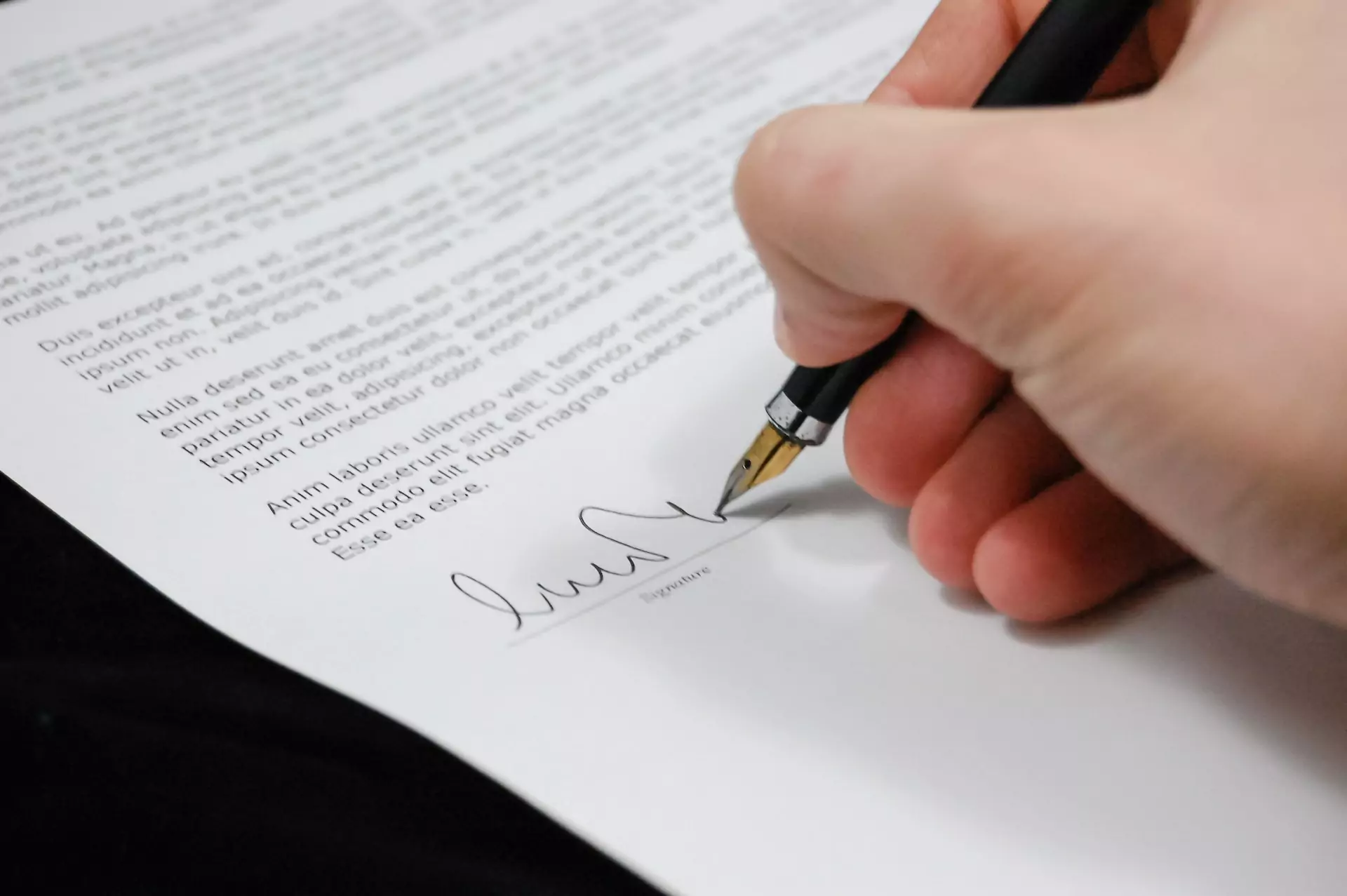Being a private landlord doesn’t automatically make you a superhero, but it still comes with great responsibility. From bookkeeping and managing expenses to handling tenant issues, landlords are constantly putting out fires. On top of all this, there are legal obligations that, if handled badly, could lead to unnecessary legal expenses.
These legal obligations do differ from State to State, but you don’t have to turn into your favorite court drama character to grasp them. A good foothold can help you get started before diving into the law specifics.
Here are six general legal obligations independent landlords have to tenants:
Handling of Security Deposits
A security deposit is a fail-safe that protects the landlord from getting the short end of the stick. If the tenant can’t pay rent, damages the property, or breaches the lease contract, the deposit is both landlord and tenant’s soft place to land!
Despite stories of resentful tenants complaining about deposits, they’re not just extra money for the landlord to keep. Instead, it’s insurance that helps protect the landlord and the rental unit and is returned if nothing terrible happens.
As good as it sounds landlords need to be careful when requesting and handling security deposits. Even if the tenant does cause damage, you still might not be able to keep the deposit for repairs. If you handle the deposit out of state-approved means, the court will have you forfeit it.
Pay attention to your state laws on how much you can charge, the bank account required for keeping the deposit, and the number of days you can return it before you get in trouble.
What You Must Disclose to Your Tenant
Marriage isn’t the only thing that benefits from open communication. Having an honest and trusting relationship with your tenants is also important. Luckily, each state has driven interest in making sure your client relationship with tenants is smooth sailing. As a result, each state requires landlords to disclose property owners’ contact information, tenant obligations, and safety risks.
An independent landlord must disclose the property owners’ contact information for tenants, so they know who they should send the rent money to and who will address other property matters.
Tenant obligations clarify who’s responsible for what, such as who should pay the electricity bill and what fees are non-refundable.
Each state has different safety regulations, so make sure you have a comprehensive checklist. Some are common to every state, for example, if you own a property built before 1978, you’re probably familiar with the lead paint disclosure.
Delivery of Possession (It’s More Than Giving Them the Keys)
The first day of the tenant moving in isn’t just the landlord saying, “the place is all yours!”. First, the landlord must make sure that tenants can move into the rental on the date to occupy on the lease with no stubborn former tenants that need to be removed.
Here is a list of seven things the landlord should do:
- Repair Any Damage or Health and Safety Issues
- Clean the property (interior and exterior)
- Ensure there are no issues with heat, plumbing, and electrical
- Have any necessary inspections completed (refer to local city and state requirements)
- Change the Locks
- Go through the move-in checklist
- Address any tenant-specific requirements or conditions
Some problems are not total roadblocks. If your tenant is agreeable, you could mutually decide not to have the rent due until you’ve fixed the problem. So ensure they don’t try to void the lease due to the inconvenience. A little foresight and preparation can go a long way!
Warranty of Habitability: Maintain, Maintain, Maintain
The Warranty and Habitability is one word and one word alone: Maintenance.
In a mouthful, it’s the tenant’s inherent right to a safe and clean rental. It’s your responsibility to do enough repairs that you’d happily live in the same rooms with no complaints. (Remember the golden rule, folks). Most states impose the Warranty of Habitability on rental properties even if the lease contract does directly address or include it.
If the warranty hits the fan, tenants can fix it themselves and deduct it from the rent. Or they can leave and break the lease contract.
Tenants can also sue you for the lack of repairs if the issues cause damage to their stuff. Or withhold rent until the court agrees to lower the rent in compensation.
To prevent these scenarios, the landlord must put on their metaphorical overalls from time to time and inspect the property for maintenance (also known as preventative maintenance). That’s if you’re a hands-on maintenance type of person. As your portfolio grows, you will almost certainly require the help of someone, or a team of someones, to help maintain the properties. Don’t try to be a superhero all the time.
Covenant of Quiet Enjoyment aka Boundaries
The Covenant for Quiet Enjoyment is the absence of the Kool-Aid man bursting into a tenant’s home.
If you want it formal, it’s the tenant’s right to privacy at home and the right to enjoy the rental property. Someone of a higher authority, such as the landlord, cannot enter without permission. The landlord can only enter the rented property without notification if there is an emergency.
In some states, the landlord must notify the tenant with a 24-48 hour notice before entering the property to repair, maintain or show the property to new renters or buyers.
Failing to keep the rocker tenant from playing Led Zeppelin at two in the morning breaks the Covenant.
Neglecting fixing the elevator when old Mrs. Hawthorn has knee arthritis is breaking the Covenant.
Booting them out for illegitimate reasons is breaking the Covenant.
If the landlord crosses this line, the tenant can ask for compensation. Or they can be relieved of paying the rent. In addition, one too many violations of the Covenant can lead to the tenant terminating the lease contract. Avoid these scenarios by carrying out routine inspections two to three times a year, and don’t forget to give the tenant the required notice in advance. Remember the two things you need to have a healthy relationship: having boundaries and respecting theirs.
Uphold the Tenant’s Right to Sublet, Share and Assign
Now, this is something not many beginning landlords know that could end in a court dispute. The majority of states require that landlords allow tenants to sublet, share or assign their rented property, even when the lease contract negates it.
Tenants are allowed to rent it to someone else, like furnishing the space into an office for another business to use.
Or they can share it within the maximum legal number of occupancy. Make sure you’re not discriminating against the tenant for having a large family.
Tenants are also allowed to pass the lease to someone else.
Final Thoughts
As a private landlord, you’re responsible for the tenant’s security deposit, disclosures, making sure they can move in on time, and putting on your metaphorical overalls of maintenance.
In addition, you have to be aware of what tenants can and can’t do when it comes to leasing the property to someone else.
Knowing and understanding these obligations can protect you from losing money because of an avoidable issue.
Most legal obligations that you need to know to depend on your local state and city laws. However, the six general responsibilities above are mentioned to give you the basics when maneuvering around legal jargon like a salmon in a river!
FAQs
Generally, landlords cannot use a tenant’s security deposit to cover property repairs, especially if they have been in the unit for a long time. However, if they have been in the unit for a shorter amount of time, this will be a better argument in negotiating using the tenant’s security deposit.
Yes, tenants can withhold rent if there’s a major problem or hazard in the property. In some states, a tenant is allowed to withhold rent until the necessary repair is made. In other cases, a tenant still needs to pay rent to a court or place it in an escrow account while repairs are being made. Withholding rent can also be risky since a tenant can be subject to eviction when rent is wrongfully withheld.
The landlord is often responsible for damaged property especially if a landlord refuses to make repairs that have ultimately led to these damages. However, if there is any proof that damage to the property is caused by the tenant, the landlord will not be held responsible for it.
Rental Property Finances. Simplified
The all-in-one financial platform to help you save time and increase returns.







